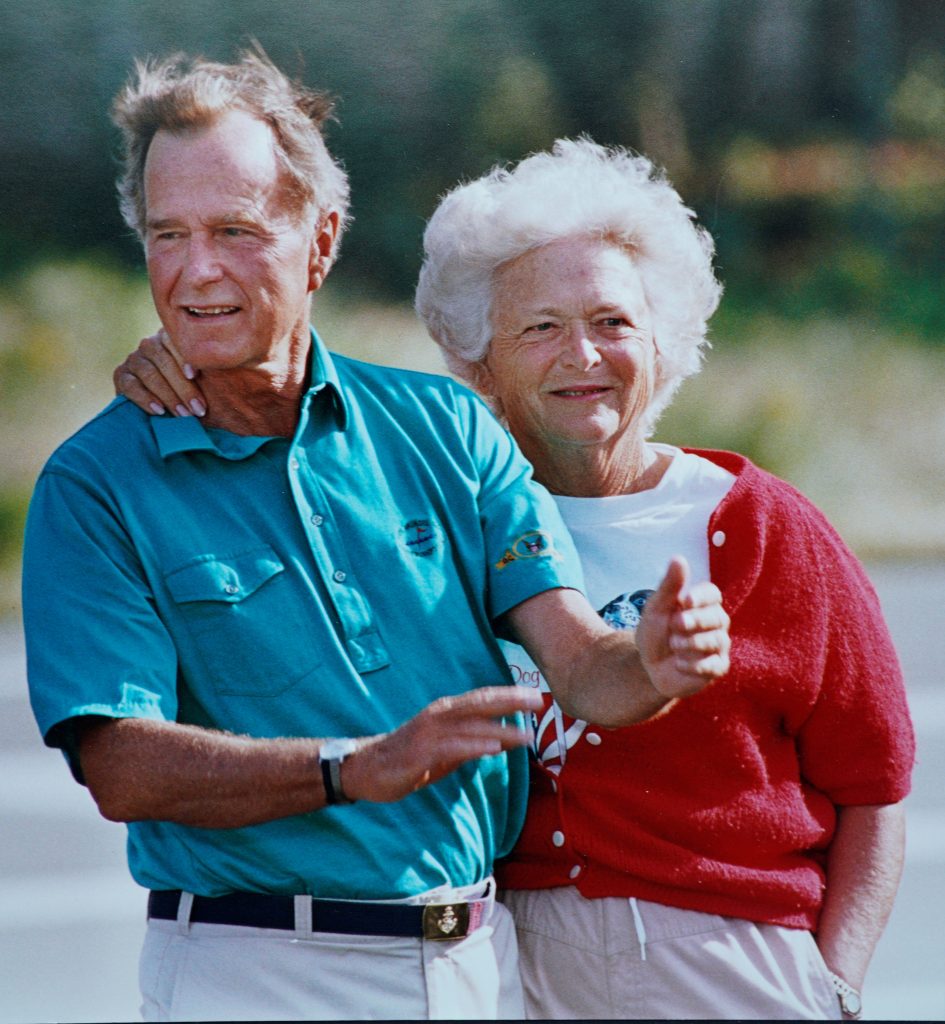We spend ourrnwhole living fighting to have our say — in our families, marriages, careers.rnBut in the end, when our loved ones gather in pews and hold back tears, wernwon’t have the final say on how our lives turned out. That task will be left tornothers.
On occasion,rnthe job has been left to me. I speak for a living. Yet, the most difficultrnspeeches I have ever given were eulogies that I was honored to deliver onrnbehalf of beloved friends, uncles and a cousin who left us too soon.
When I go tornbe with the Lord, I don’t want loved ones to recite my accomplishments. I wantrnthem to talk about my impact on others. I want them to say what kind of son,rnbrother, husband, and — most importantly of all — father I was. That is allrnthat will matter, in the end.
New YorkrnTimes columnist David Brooks describes a tension, within all of us, betweenrn“resume virtues” and “eulogy virtues.”
A few yearsrnago, Brooks wrote: “The resume virtues are the skills you bring to the marketplace.rnThe eulogy virtues are the ones that are talked about at your funeral — whetherrnyou were kind, brave, honest or faithful. Were you capable of deep love? We allrnknow that the eulogy virtues are more important than the resume ones. But ourrnculture and our educational systems spend more time teaching the skills andrnstrategies you need for career success than the qualities you need to radiaternthat sort of inner light. Many of us are clearer on how to build an externalrncareer than on how to build inner character.”
So true.rnHuman beings would all be far better off if we worried less about what we feltrnneeded to accomplish and more about becoming good people.
Severalrnmonths ago, my wife and I were having dinner with my college roommate and hisrnwife. Both of us have young children. My old friend posed an interestingrnquestion, one that I was sure he had asked himself a time or two.
“Would yournprefer that your kids grow up to go to Harvard like we did, or that they growrnup to be good people?” he asked.
I didn’trnhesitate. “Good people,” I said. He said the same.
As a lawyer,rnand a journalist, my friend and I have probably — as we have gone about plyingrnour trades — met more Ivy League graduates than we have people who are genuinelyrngood.
For many ofrnus, the resume virtues have a big head start on the eulogy virtues, and itrnoften seems as if the latter will never manage to catch up to the former.rnBesides, it’s easier to tell if someone has a good resume than if he has a goodrnsoul.
I don’t needrnto tell you which one of those things leaves a more lasting legacy and leads torneternal light.
Barbara Bushrnknew the answer. The former First Lady, who recently died at age 92, wasrnaffectionately called the “Silver Fox” and was more popular than her husband,rnformer President George H.W. Bush. Her passing gave Americans the chance tornreflect on her life and marvel at her character and values.
Some yearsrnago, when a reporter asked her what she wanted her legacy to be, Bush saidrnquickly and unequivocally: “The children and the grandchildren.”
It fell tornone of those children — Jeb Bush, the former Florida governor — to give therneulogy. He recalled that his mother was “our first and most important teacher,”rnand that she taught her children to be grateful, humble and kind.
Her ordersrnwere simple, he said. “Always tell the truth. Never disparage anyone. Servernothers. Treat everyone as you want to be treated and love your God with yourrnheart and soul.”
In herrnoft-cited Commencement Speech at Wellesley College in June 1990, Bush told therngraduates to cherish their “human connections” and value relationships withrnfamily and friends.
“As importantrnas your obligations as a doctor, a lawyer, a business leader will be, you are arnhuman being first,” she said. “And those human connections — with spouses, withrnchildren, with friends — are the most important investments you will ever make.rnAt the end of your life, you will never regret not having passed one more test,rnwinning one more verdict, or not closing one more deal. You will regret timernnot spent with a husband, a child, a friend, or a parent.”
At the end ofrnher life, Barbara Bush likely had few regrets. How could it be otherwise? Herrninvestments in human connections paid off handsomely. Her legacy was strong.rnHer life was full of meaning. And her eulogy virtues were intact.
Ruben Navarrette, a contributing editorrnto Angelus News, is a syndicated columnist with The Washington Post WritersrnGroup, a member of the USA Today Board of Contributors, a Daily Beastrncolumnist, author of “A Darker Shade of Crimson: Odyssey of a HarvardrnChicano,” and host of the podcast “Navarrette Nation.”

